Romania Heads Back to the Polls: What Triggered a Second Presidential Election in Just One Year?
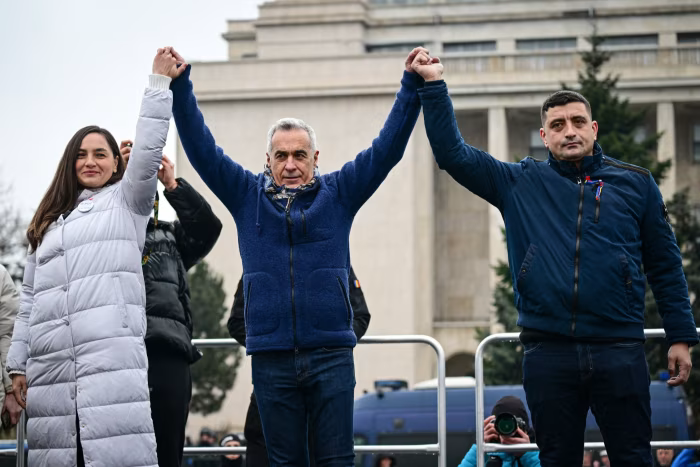
Romania is preparing for a rare repeat of its presidential election this May, just months after the results of the original vote were annulled due to widespread irregularities, suspected foreign interference, and the disqualification of the shock frontrunner.
The unprecedented rerun has drawn significant international attention, with implications for both Romania’s domestic trajectory and its role within the European Union and NATO.
The initial round of Romania’s presidential election took place in November 2024. Unexpectedly, it was won by Călin Georgescu, a little-known far-right candidate who had previously polled below 5%. He secured nearly 23% of the vote, overtaking the mainstream candidates.
However, within two weeks, the election was annulled. Authorities cited serious concerns over foreign interference, particularly by Russia, and irregularities in campaign practices. Intelligence reports pointed to cyberattacks on the election infrastructure and the use of inauthentic TikTok accounts to artificially amplify Georgescu’s message. Influencers were allegedly paid through undisclosed intermediaries to promote content that indirectly supported his campaign, even though he declared no campaign spending.
Georgescu, who was under criminal investigation on several charges including promoting fascist groups and misusing campaign finances, was banned from running in the rerun. He denied all allegations, calling the annulment politically motivated.
With Georgescu disqualified, Romania’s political landscape remains divided. The current frontrunner is George Simion, leader of the far-right Alliance for the Union of Romanians (AUR), who is averaging around 29–34% in recent polls. A polarising figure, Simion is critical of the EU and has voiced opposition to military support for Ukraine. Despite distancing himself from earlier pro-Russian positions, concerns about his foreign policy views persist.
Simion is followed by two centrist, pro-European candidates: Crin Antonescu, representing the governing Social Democratic and National Liberal Parties, and Nicușor Dan, the independent mayor of Bucharest backed by the Save Romania Union (USR). Both have positioned themselves as defenders of Romania’s commitments to NATO and the EU. Opinion polls suggest Antonescu may be more likely to defeat Simion in a potential second-round runoff, but the race remains competitive.
Other candidates include former Prime Minister Victor Ponta, who has adopted more nationalist rhetoric while still affirming pro-Western alliances, and Elena Lasconi, a reformist centrist who has remained in the race despite weak polling and internal party tensions.
Romania’s presidential election consists of two rounds. If no candidate secures more than 50% of registered votes in the first round, the top two candidates advance to a runoff. The winner then assumes a five-year term with significant powers, particularly in foreign policy, national security, and judicial appointments.
The vote is open to Romania’s diaspora, which comprises one of the largest in Europe. While rarely polled, diaspora voters account for about 5–7% of total ballots and have historically favored far-right candidates.
The rerun comes amid deep public dissatisfaction with Romania’s political establishment. Decades of corruption, inequality, and weak public services have fuelled frustration. Around a third of Romanians are at risk of poverty or social exclusion, and nearly one in five has emigrated for better opportunities.
This election also holds broader geopolitical significance. As an EU and NATO member bordering Ukraine, Romania’s leadership is being closely watched by Brussels and Washington. A nationalist victory could complicate Romania’s Western alignment, defense commitments, and support for Ukraine.
While the European Commission is monitoring the situation closely, the US Trump-aligned political figures have criticized the election annulment as anti-democratic. Investigations into the alleged TikTok influence campaign and broader questions about digital interference are ongoing, with many Romanians calling for transparency and clearer evidence.
With input from the Guardian, the Financial Times, and BBC.
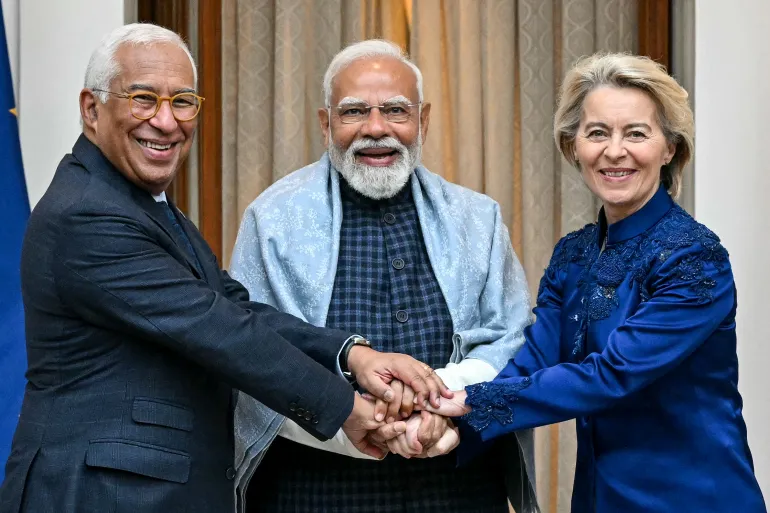
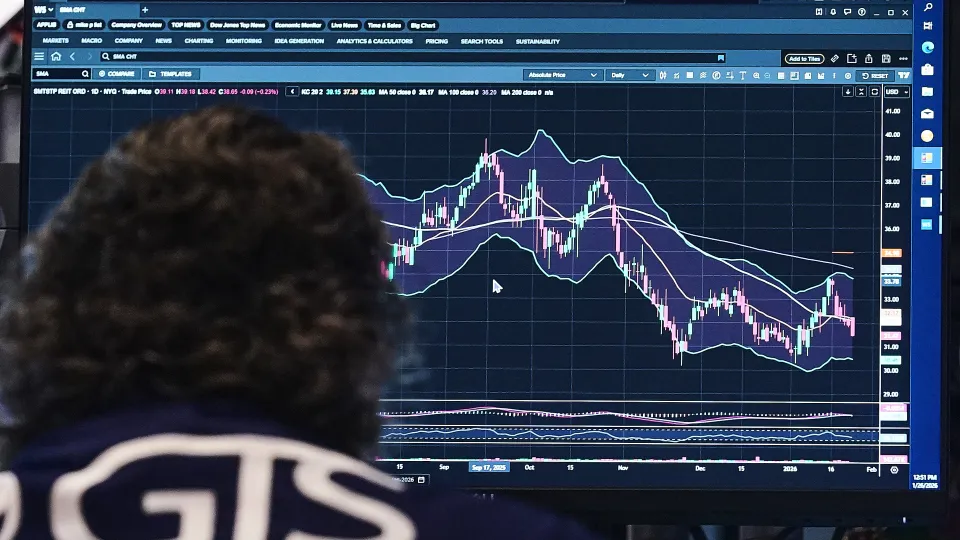
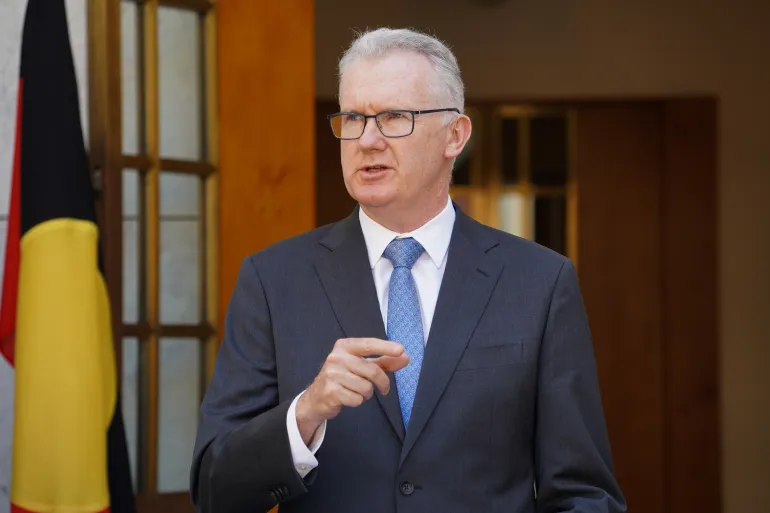
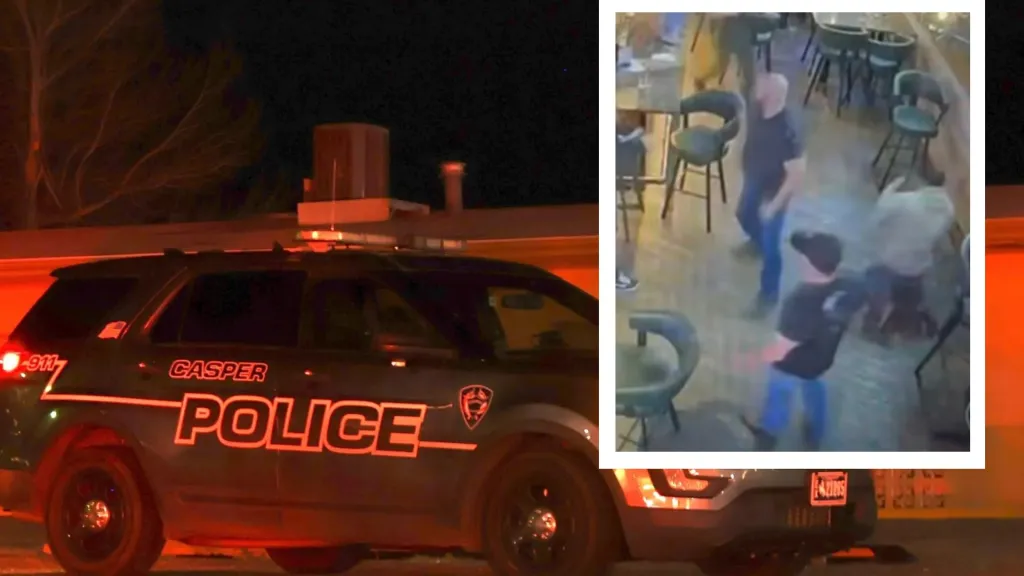
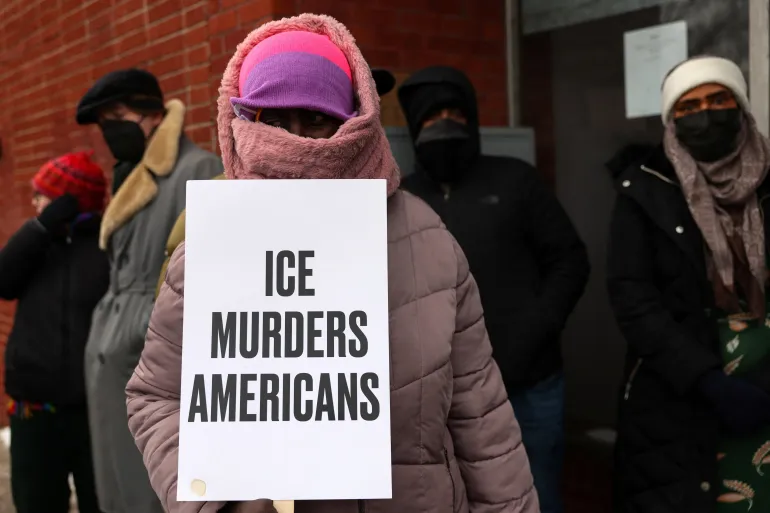




The latest news in your social feeds
Subscribe to our social media platforms to stay tuned